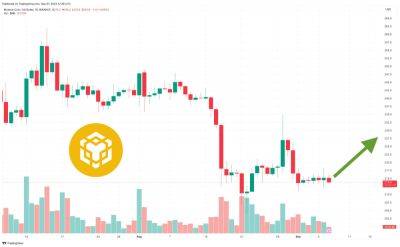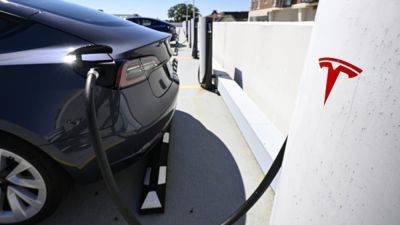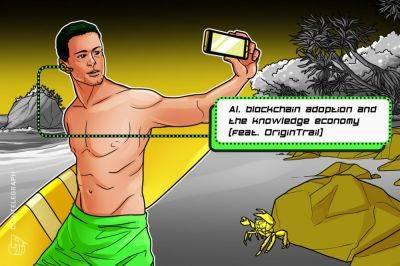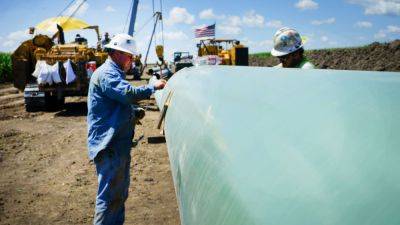Op-ed: Why the world needs more oil, not less
What do toothpaste, deodorant, soap, cameras, computers, gasoline, heating oil, jet fuel, car tires, contact lenses and artificial limbs have in common?
If oil vanished today, these and many other vital products and services that use oil or its derivatives would vanish too. Transportation networks would grind to a halt, homes could freeze, supply chains would crash and energy poverty would rise.
The World Energy Report for 2022, published by the UK-based Energy Institute and consulting firms KPMG and Kearney, noted that fossil fuels constituted 82% of global energy in 2022. This is comparable to OPEC's latest world oil outlook and represents a similar level to 30 years ago.
Why then do most energy transition debates disregard the critical role that commodities like oil and gas continue to play in improving lives, fostering stability and energy security, as well as related industries' efforts to develop technologies and best practices to reduce emissions? The scale of the climate change challenge is daunting, but meeting the world's rising energy demand and mitigating climate change do not have to exist in a vacuum or be at odds with each other.
Rather, the world should act to reduce emissions and ensure that people have access to the products and services they need to live comfortably. Towards these goals, OPEC members are investing in upstream and downstream capacities, mobilizing cleaner technologies and deploying vast expertise to decarbonize the oil industry. Major investments are also being made in renewables and hydrogen capacity, carbon capture utilization and storage — as well as in promoting the circular carbon economy.
The bottom line is that it is possible to invest heavily in renewables while continuing to
Read more on cnbc.com




















